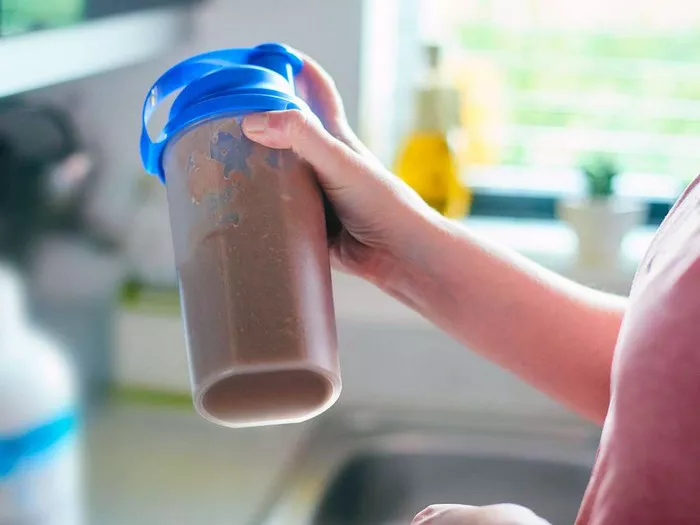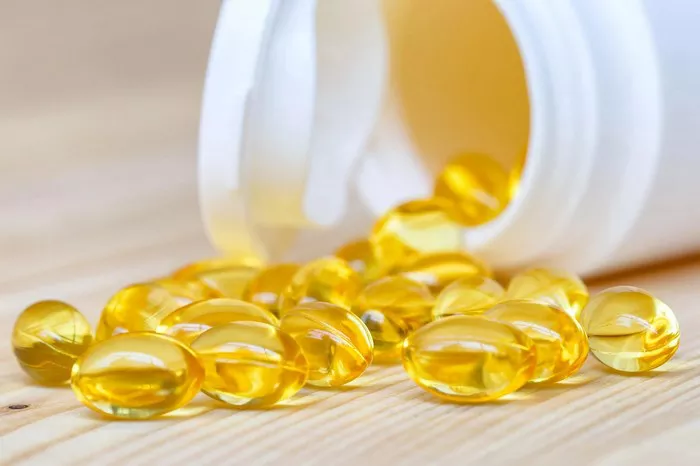In the realm of fitness and nutrition, the topic of post-workout nutrition is often met with fervent debate and conflicting opinions. Among the various nutrients touted for their post-exercise benefits, protein reigns supreme as a cornerstone of recovery and muscle repair. But is it truly essential to consume protein immediately after a workout, or is this belief merely a myth perpetuated by fitness enthusiasts and supplement companies? In this comprehensive guide, we will delve into the science behind post-workout protein consumption, examine its potential benefits and drawbacks, and explore alternative approaches to fueling and recovery.
Understanding the Anabolic Window
One of the primary arguments in favor of post-workout protein consumption revolves around the concept of the “anabolic window” – a brief period following exercise during which the body is believed to be primed for nutrient uptake and muscle repair. Proponents of this theory argue that consuming protein within this window is crucial for maximizing muscle protein synthesis (MPS) and promoting optimal recovery and growth.
The Science Behind Muscle Protein Synthesis
Muscle protein synthesis is the process by which the body builds new muscle tissue in response to exercise-induced damage and stress. Following a workout, MPS rates are elevated, signaling a state of heightened muscle repair and growth potential. Consuming protein post-exercise provides the essential amino acids necessary to support MPS, facilitating the repair and rebuilding of muscle fibers.
The Anabolic Window Myth
While the concept of the anabolic window has been widely promoted within the fitness industry, recent research suggests that its significance may be overstated. Studies have found that the timing of protein consumption in relation to exercise may have less impact on muscle protein synthesis than previously believed. Instead, total daily protein intake and nutrient timing over a 24-hour period may be more influential factors in promoting muscle growth and recovery.
The Case for Post-Workout Protein Consumption
While the anabolic window may not be as narrow as once thought, there are still compelling reasons to include protein in your post-workout nutrition plan:
Muscle Repair and Growth
Consuming protein post-exercise provides the essential amino acids necessary for muscle repair and growth, supporting the recovery process and helping to rebuild damaged muscle fibers.
Enhanced Recovery
Protein consumption post-workout may help reduce muscle soreness and accelerate recovery, allowing individuals to bounce back more quickly from intense exercise sessions.
Satiety and Appetite Control
Protein-rich foods can help promote feelings of fullness and satiety, potentially reducing overall calorie intake and supporting weight management goals.
Glycogen Replenishment
Incorporating carbohydrates along with protein post-workout can help replenish glycogen stores depleted during exercise, restoring energy levels and supporting recovery.
Potential Drawbacks of Post-Workout Protein
While protein consumption after a workout offers numerous benefits, there are also potential drawbacks to consider:
Digestive Discomfort
Consuming large amounts of protein immediately post-exercise may lead to digestive discomfort for some individuals, particularly if they have sensitive stomachs or digestive issues.
Overemphasis on Timing
Focusing too heavily on the timing of post-workout protein consumption may detract from the importance of overall dietary balance and nutrient intake throughout the day.
Individual Variability
The optimal timing and amount of post-workout protein may vary depending on individual factors such as age, gender, training status, and overall dietary habits.
Alternative Approaches to Post-Workout Nutrition
While protein consumption after a workout is commonly recommended, it is not the only approach to supporting recovery and muscle growth. Here are some alternative strategies to consider:
Prioritize Total Daily Protein Intake
Rather than fixating on immediate post-workout protein consumption, focus on meeting your total daily protein needs through a well-balanced diet rich in lean sources of protein such as chicken, fish, tofu, legumes, and dairy products.
Emphasize Pre-Workout Nutrition
Ensuring adequate carbohydrate and protein intake before a workout can provide the necessary fuel and nutrients to support performance and recovery, reducing the need for immediate post-exercise supplementation.
Listen to Your Body
Pay attention to your body’s hunger and satiety cues, and consume protein-rich foods as part of a balanced meal or snack when you feel hungry or in need of nourishment, rather than adhering to strict timing guidelines.
Consider Personal Preferences
Ultimately, the best approach to post-workout nutrition is one that aligns with your individual preferences, lifestyle, and dietary habits. Experiment with different strategies to find what works best for you and supports your fitness goals.
Conclusion: Finding Balance in Post-Workout Nutrition
While post-workout protein consumption has long been touted as essential for recovery and muscle growth, the reality is more nuanced than the hype suggests. While protein is undoubtedly important for supporting muscle repair and growth, the timing of its consumption may be less critical than previously believed. Instead of fixating on immediate post-exercise supplementation, focus on meeting your total daily protein needs through a well-balanced diet and nutrient timing over a 24-hour period. By prioritizing overall dietary balance, listening to your body’s cues, and experimenting with different approaches, you can find a post-workout nutrition strategy that supports your fitness goals and promotes optimal recovery and performance.
[inline_related_posts title=”You Might Be Interested In” title_align=”left” style=”list” number=”6″ align=”none” ids=”7394,7323,7320″ by=”categories” orderby=”rand” order=”DESC” hide_thumb=”no” thumb_right=”no” views=”no” date=”yes” grid_columns=”2″ post_type=”” tax=””]
































